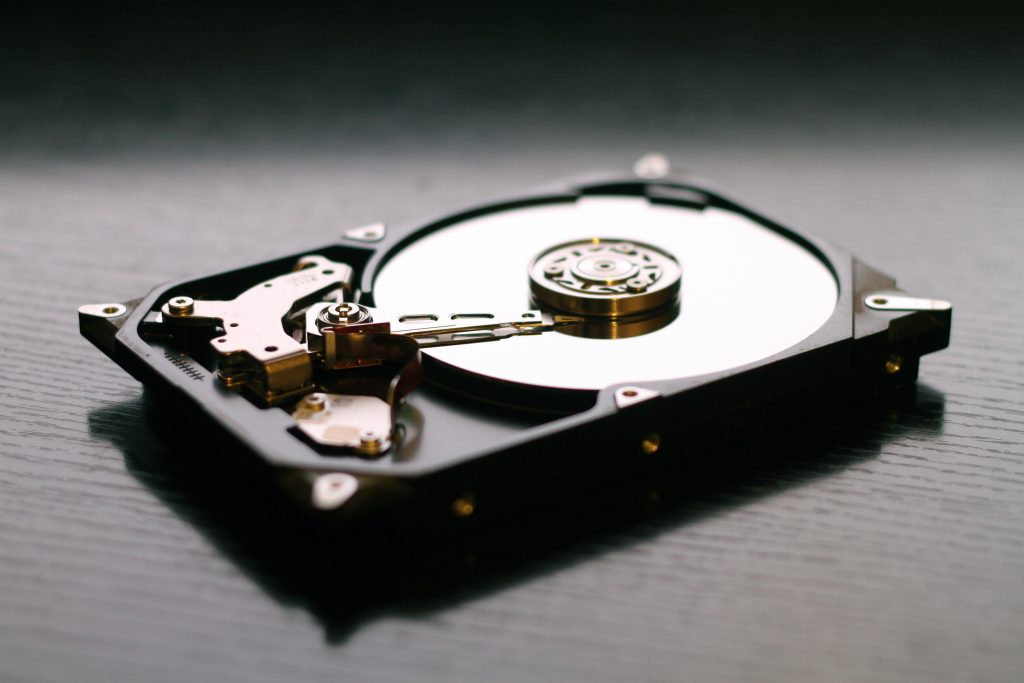You Need to Back Up Your Data!
Backing up your data is something that everyone should do, but few actually do. The reason for this is probably that people think that it’s hard to do/manage and that it’s expensive. In all honesty, this is partially true. But the hard reality is that if you don’t have backups, you’re going to lose data at some point. All hard drives fail or die at some point. It’s a fact. And it’s going to happen at a time that will add unnecessary stress to your life — it’s Murphy’s Law. Think about all of the priceless memories you have stored up in your devices. Why would you risk it?
The good news is that it’s completely preventable.
Backup strategy
Among those that come up with strategies about backing their files up, many refer to the 3-2-1 Backup Rule: 3 copies on 2 different storage types and at least 1 copy offsite. This strategy tries to maximize redundancy while also accounting for device failures and site disasters. While this might not be feasible for most people, it’s at least easy to remember and something to strive toward.
A more attainable approach would be to at least have a local backup and a cloud backup of your data. For example, your computer would be backed up to an external hard drive and also to a cloud-based service. So if your computer dies, you at least have a backup on that external hard drive and if that was to become compromised before you fix your computer, you have the cloud service to fall back on.
Shouldn’t a cloud backup be enough?
The problem with cloud backups is that it takes a long time to upload/transfer data to “the cloud.” This is because upload speeds are usually a fraction of download speeds (think: internet connection speeds). Internet service providers mainly advertise the download speed because that’s how fast you can get information from the internet onto your computer. But the upload speed is the thing to focus on for cloud backups because it determines how long it will take to get the data from your computer to the cloud service. You can find out your speeds by running a test at http://www.speedtest.net.
For example, you could have 50Mbps download speed, but only 5Mbps upload speed. So 50MB worth of photos (~10) could take only 8 seconds to download, but 1 minute 24 seconds to upload. Multiply that by the hundreds or thousands of photos/videos/files you might have and the upload time adds up quickly. It took months to upload all of my data to the cloud! And if that was my only backup strategy and something happened to my computer during that time…not good. The same goes for the download speed. Even if you have a good download speed, you’re still at the mercy of your internet service provider (which will probably throttle your speeds based on high usage, etc), and the overall time it would take to download everything. That’s why it’s important to at least have a local backup first.
Also, cloud backup services are subscription-based and the costs could change in the future. So if your financial situation changes such that you can’t afford to have a cloud backup, you don’t want that to be the only place you have a backup.
How much is this going to cost?
External hard drives are pretty cheap these days considering the amount of storage you get for the price. It’s not too difficult to find a 1TB drive for under $50-60, which comes out to about ~$0.05/GB. That price-per-gig value usually gets better the larger the drive, too. I like to get a drive that is at least twice the capacity of my computer’s hard drive. That way backup software can have enough room to keep older versions of your files if need be and not just a one-to-one copy. I like to use “small” USB-powered external hard drives for laptops (portable drives) and “large,” AC-powered external hard drives for desktops (faster drives). “Small” and “large” in this sense refer to the physical size of the drives and not the capacity.
Regarding cloud storage, there are many different types/brands/services and some of those have differently priced storage tiers. I personally like a service called Backblaze (referral link). Unlimited storage to backup your computer for just $5/month! For comparison, Dropbox Plus costs $8.25/month for 1TB of storage. Dropbox Plus has other services included, but you may not want/need those. $5/month is the cheapest I’ve seen for unlimited storage.
So at a minimum for one computer, you’re looking at $60/year and a “one time” purchase of a $50 external hard drive (“one time” until you need to buy a replacement when that one fails…which it will). Basically a Starbucks drink per month will give you peace of mind that your precious memories are safe.
That’s it as far as background knowledge goes for a typical situation. Now you know the problem and the solution. Read on to find out how you can apply this to your specific situation!
Sources:
https://www.backblaze.com/blog/the-3-2-1-backup-strategy/
https://www.expedient.com/file-transfer-time-calculator/
https://www.dropbox.com/plans/teams?trigger=sem

